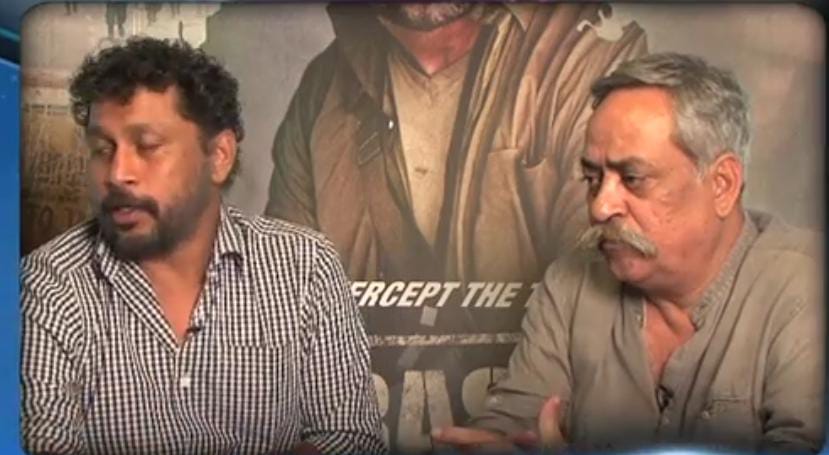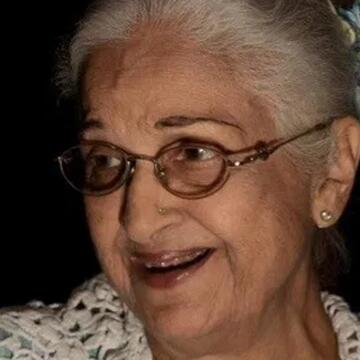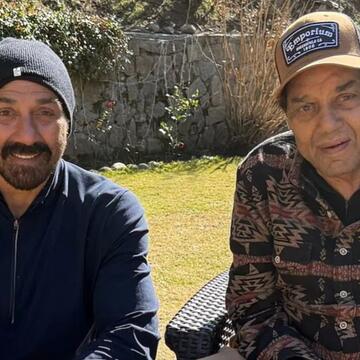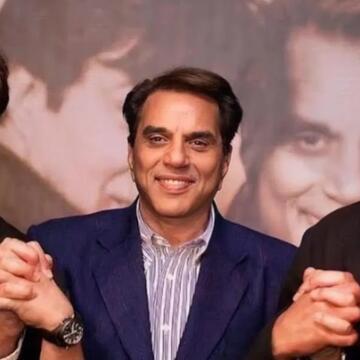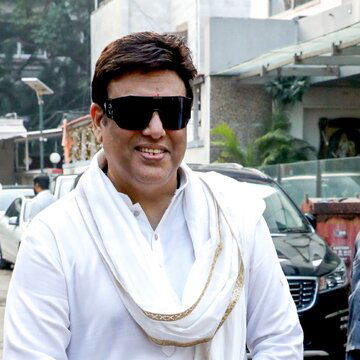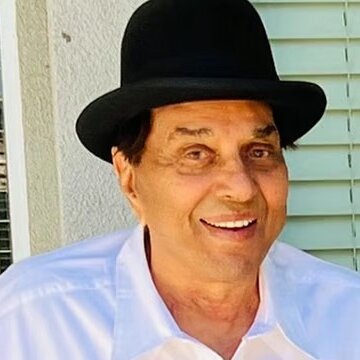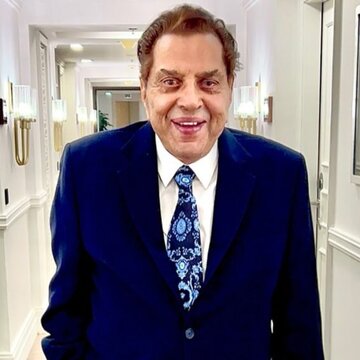Long before “storytelling” became a buzzword in advertising, Piyush Pandey had already mastered it. And in 2013, the man who built brands like Fevicol and Cadbury briefly crossed over into cinema, playing a cameo in Shoojit Sircar’s political thriller Madras Cafe.
Piyush Pandey appeared in the film as a Cabinet Secretary which was a role that mirrored his trademark communication style: calm, sharp, and understated.
The film, headlined by John Abraham and Nargis Fakhri, was set against the backdrop of India’s involvement in the Sri Lankan civil war. Directed by Shoojit Sircar and written by Somnath Dey and Shubendu Bhattacharya, Madras Cafe was lauded for its realism which was a quality Pandey instinctively understood.
A cameo that fit his craft
Shoojit Sircar, who had known Pandey from his advertising days, convinced him to face the camera. The director once recalled in interviews that Pandey brought the same sense of timing and tone he used in his ad storytelling to his short screen presence.
In one of the key scenes, Pandey’s character delivers strategic briefings with a natural ease which almost blended into the bureaucratic tension that drives the film. His cameo may have lasted minutes, but it added authenticity to a story built on restraint and realism.
Sircar later said that Pandey’s involvement came not from vanity, but from shared respect for scripts that “speak less and say more”, a philosophy that ran through both his ads and Madras Cafe’s taut screenplay.
A storyteller beyond advertising
Pandey never described himself as an actor. For him, stories, whether for brands or films were about people and emotions. His small role in Madras Cafe was a reflection of that idea: keeping the focus on truth, not spectacle.
In interviews, he often said, “A good story doesn’t shout. It stays with you.”
That line could have easily been the logline for Madras Cafe or for Piyush Pandey’s own life in advertising.


